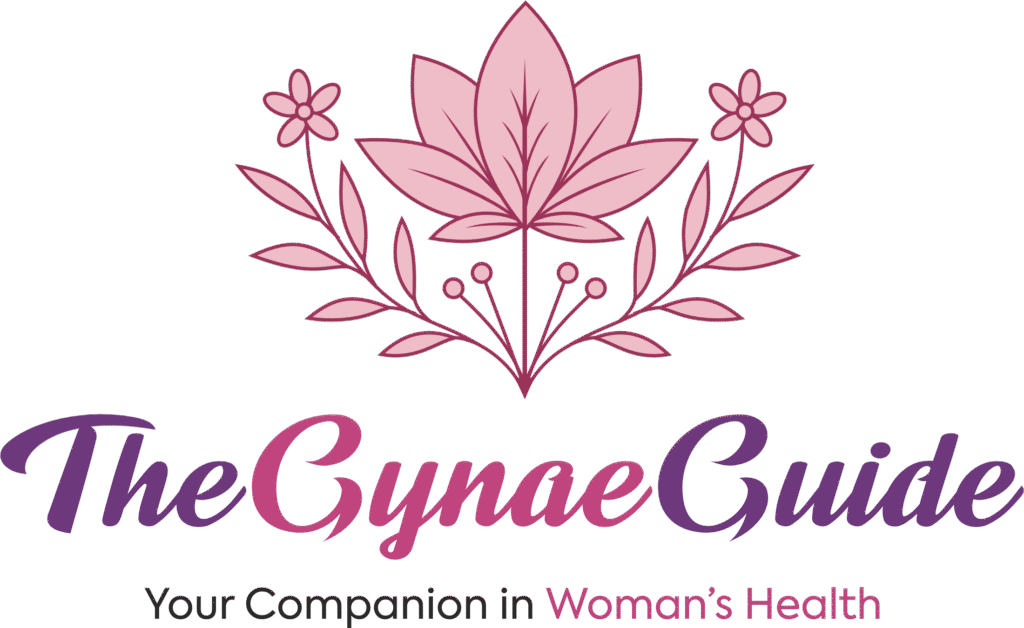Simple, Practical, and Must-Follow Period Care Advice for a Healthier You
Why Menstrual Hygiene Matters
Menstrual hygiene tips are essential for every woman. Maintaining proper hygiene during your period doesn’t just help you feel fresh, it’s vital for preventing infections, odors, and discomfort. Many women still unknowingly follow poor feminine hygiene during periods, which can lead to serious health concerns. Let’s change that with small, impactful habits.
Change Your Sanitary Product Frequently
Whether you’re using pads, tampons, or cups, it’s important to change or clean them on time.
- Pads: Change every 4–6 hours
- Tampons: Change every 4–8 hours
- Menstrual Cups: Clean every 8–12 hours
Neglecting this affects sanitary pad safety and can cause rashes, odor, and infections like Toxic Shock Syndrome (TSS).
Wear Breathable Cotton Underwear
Cotton underwear helps reduce moisture, keeping your intimate area clean and dry. Avoid tight, synthetic fabrics that trap heat and bacteria. This small change supports overall period hygiene for women.
Clean Your Intimate Area the Right Way
Proper washing is one of the most important menstrual hygiene tips. Here’s how to clean safely:
- Use warm water or a mild, pH-balanced intimate wash
- Never use scented soaps, douches, or harsh products
- Always wash from front to back to prevent infections
The vagina is self-cleaning, so focus on cleaning only the outer area (vulva).
Dispose of Used Products Correctly
Improper disposal of sanitary products not only affects your hygiene but also the environment. Avoid flushing pads or tampons.
Wrap used items in paper and throw them in a bin. If you prefer eco-friendly options, consider sustainable menstruation products such as cloth pads or menstrual cups.
Be Prepared Wherever You Go
Every woman should keep a small period kit with:
- Extra pads or tampons
- Clean underwear
- Wipes or tissues
- Pain relief tablets
- A menstrual cup if you use one
Staying prepared is a key part of maintaining consistent period hygiene for women.
Watch Out for Infections and Symptoms
Poor feminine hygiene during periods can result in:
- Itching or irritation
- Strong odor
- Discharge or rashes
- Pain while urinating
These could be signs of infections like UTIs or yeast infections. If symptoms persist, visit a Gynecologist.
Manage Heavy Flow Days Smartly
Heavy flow requires extra attention. Stay clean by:
- Changing pads more often
- Using a menstrual cup for longer coverage
- Wearing dark, comfortable clothes
- Taking warm showers for relief
Practising better menstrual hygiene tips on heavy flow days prevents discomfort and leakage.
Menstrual Hygiene During Travel
Travelling on your period? Pack the essentials:
- A menstrual cup for long travel days
- Wet wipes and hand sanitiser
- Zip-lock bags for waste
- Extra undergarments
- Pain patches or hot water pouches
With the right plan, maintaining menstrual hygiene tips while travelling is simple and effective.
Educate Girls on Menstrual Hygiene
Teaching menstrual hygiene tips to young girls helps them grow into confident, healthy women. Help them understand:
- How to use sanitary products
- When to change them
- What products are eco-friendly
- The importance of sustainable menstruation
Early education creates lifelong habits.
Stay Connected with The Gynae Guide
Stay informed with expert tips on our Instagram page and join our growing community across multiple platforms:
- Visit our website for trusted information on periods, PCOS, fertility, and women’s health
- Follow us on Instagram for practical menstrual care reminders and reels
- Like us on Facebook to join real conversations on women’s health
- Connect on LinkedIn for professional news and insights
- Subscribe on YouTube for expert-led video guides and health tips
FAQs: Menstrual Hygiene
Q1. How often should I change my pad or tampon?
Every 4–6 hours for pads and 4–8 hours for tampons to prevent infections.
Q2. Is it safe to use soap for cleaning my private area?
No. Use only warm water or gentle, pH-balanced intimate washes, not scented soaps or body wash.
Q3. What are signs of poor menstrual hygiene?
Bad odor, irritation, itching, or discharge may suggest hygiene issues or infections.
Q4. Are menstrual cups better than pads?
Menstrual cups are eco-friendly, cost-effective, and safe if cleaned properly, but preference depends on comfort and convenience.
Q5. Can I go swimming or exercise during my period?
Absolutely! Just use tampons or menstrual cups, stay clean, and listen to your body.

